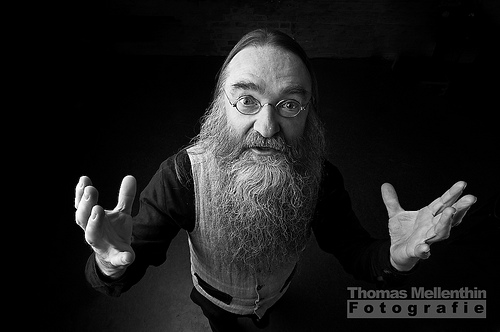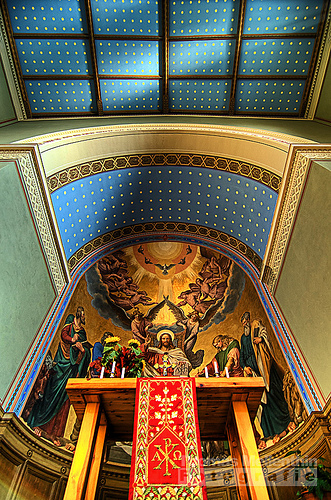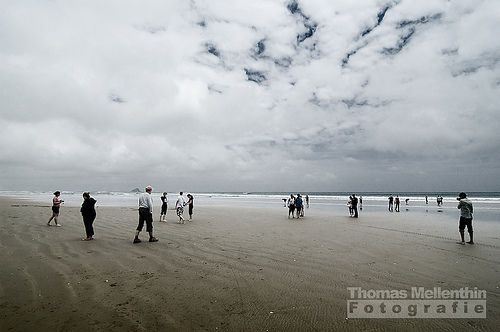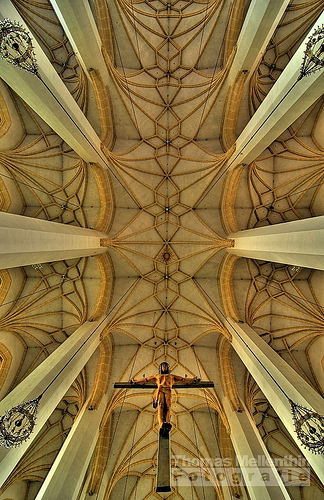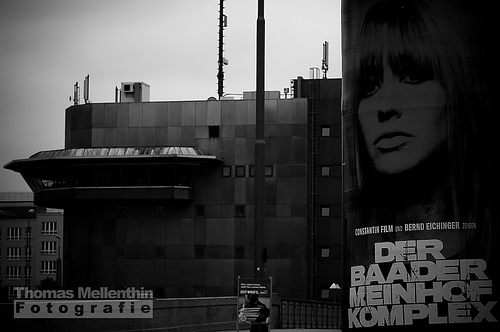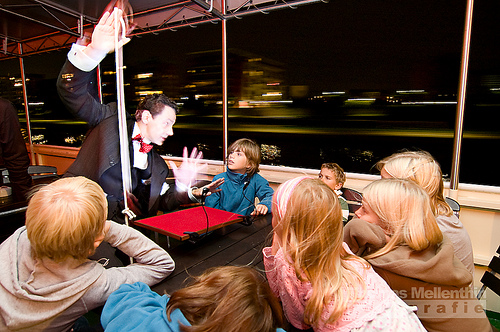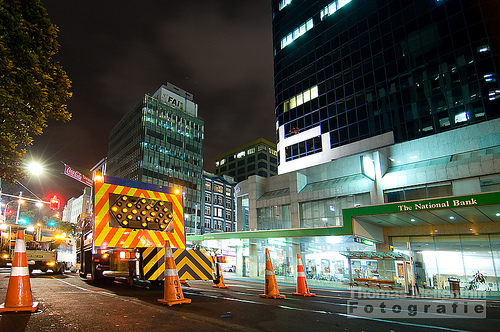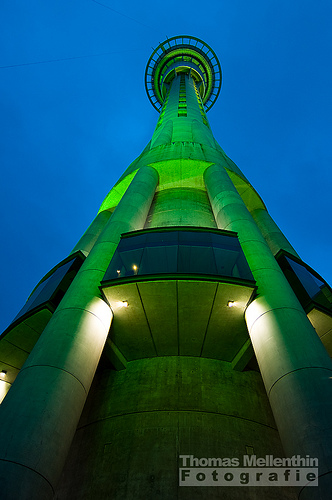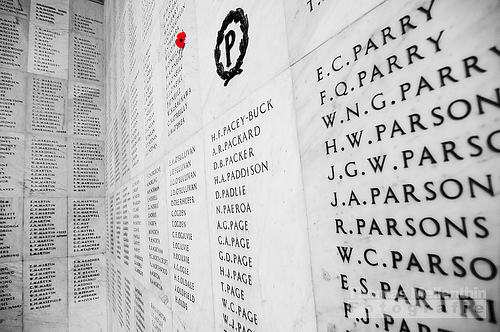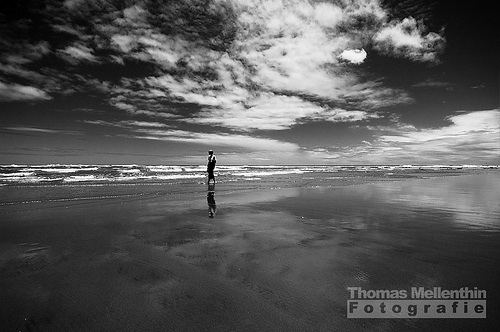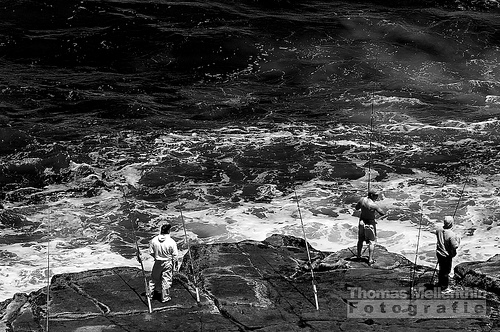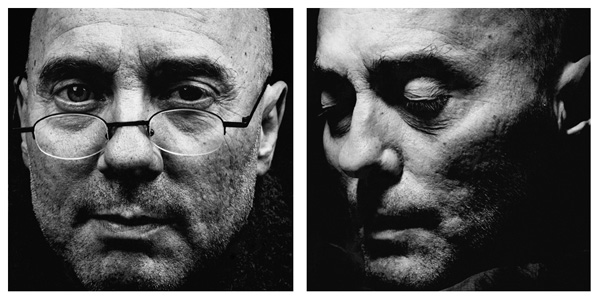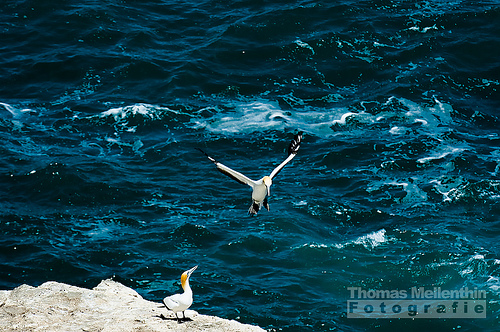Problem: The function MprAdminGetPDCServer does not return a valid RAS server name on Windows Server 2008 (SP 1). If the function is called with a valid domain name on a Windows Server 2008 Primary Domain Controller, i.e.
MprAdminGetPDCServer("test.local", NULL, pRasServer)
it returns NO_ERROR and the parameter pRasServer is filled with „\\server.test.„.
The domain consists only of one PDC, „server.test.local„. The same problem occurs in a subdomain, where also the suffix of the domain name is missing, i.e. „\\server.sub.test.„.
On a Windows Server 2000, 2003 and 2003 R2 the function returns the RAS server correctly, eg. „\\server.test.local„.
Solution: In Server 2003 there was no limit placed on the length of the output server name. In Server 2008 the length of the output string is required to be UNCLEN+1, UNCLEN is 17. To prevent buffer overruns, Microsoft now uses a safe string copy and the string limit is limited to UNCLEN+1 characters. A problem can arise when using DNS names since they are typically longer than NetBIOS names.
MprAdminGetPDCServer will take either a DNS or a NetBIOS name and the returned DC name will be of the same type. So if you pass it the NetBIOS domain you should just get back \\SERVER.
(Thanks to the Microsoft Support for the solution)
